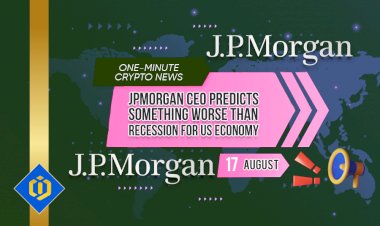Trump Targets Tylenol in Latest Remarks, Sparking Medical Backlash

Washington, D.C., Sept. 2025 — Former U.S. President Donald Trump ignited controversy this week after labeling the widely used pain reliever Tylenol “bad,” particularly for pregnant women and children. Speaking at a public event, Trump suggested that acetaminophen — the active ingredient in Tylenol — could be linked to autism, telling his audience to “fight like hell not to take it.”
Claims and Concerns
Trump’s comments reflect a growing skepticism within his political circle toward mainstream medicine. He also questioned vaccination schedules, framing both vaccines and over-the-counter drugs like Tylenol as contributors to rising autism rates.
Medical professionals immediately challenged his remarks, stressing that no conclusive scientific evidence supports such claims. The American College of Obstetricians and Gynecologists reiterated that Tylenol is considered one of the safest pain relief options during pregnancy when taken as directed.
Scientific Evidence
Research on acetaminophen and neurodevelopment has produced mixed and inconclusive results. Some observational studies have reported weak associations with conditions like autism or ADHD, but most scientists caution against drawing causal links.
Large-scale sibling studies, including one conducted in Sweden, showed that when comparing children within the same family, the associations disappeared — strongly suggesting that underlying genetic or environmental factors, not Tylenol itself, explained the findings.
Ripple Effects
Trump’s attack on Tylenol had immediate financial consequences: shares of Kenvue, the company that markets Tylenol, dipped following his remarks. The company defended the medicine, pointing to decades of global use and safety reviews.
At the same time, Trump’s administration allies have signaled interest in broader reviews of autism’s causes, including environmental and dietary factors, though experts caution against politicizing science.
Broader Implications
-
Public confusion: Doctors warn that pregnant women avoiding Tylenol may end up leaving pain and fevers untreated, which can pose greater risks to mother and baby.
-
Political signaling: Trump’s message echoes anti-establishment and vaccine-skeptic sentiments within parts of his base, reinforcing his outsider stance on health policy.
-
Renewed debate: The episode has reignited discussion about how public figures influence health behaviors, often outpacing the scientific evidence.
The uproar underscores a familiar dynamic: Trump’s off-the-cuff remarks quickly shape national debate, even when contradicted by scientific consensus. Whether his comments spark lasting policy shifts or fade as another flashpoint remains uncertain.

 content-team
content-team 


















